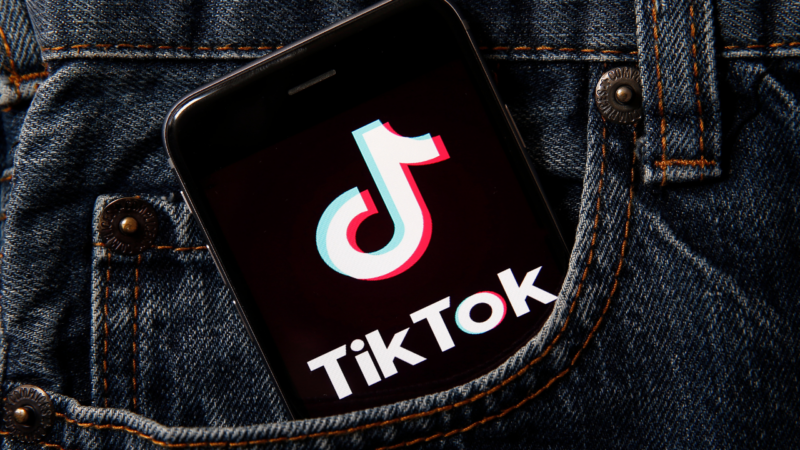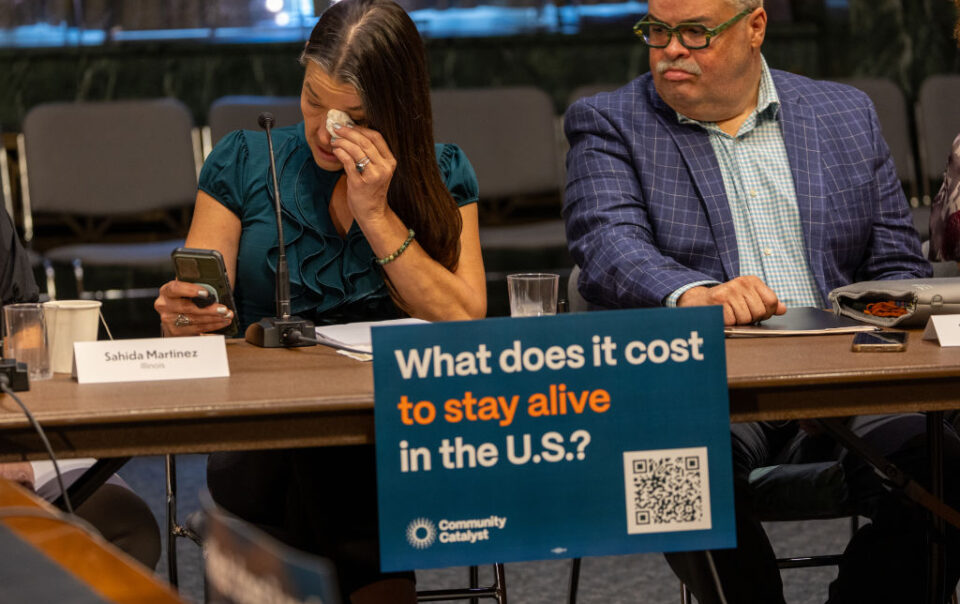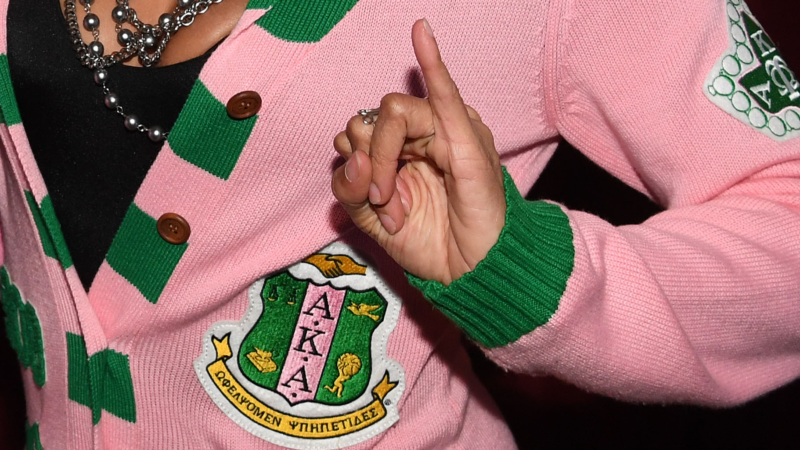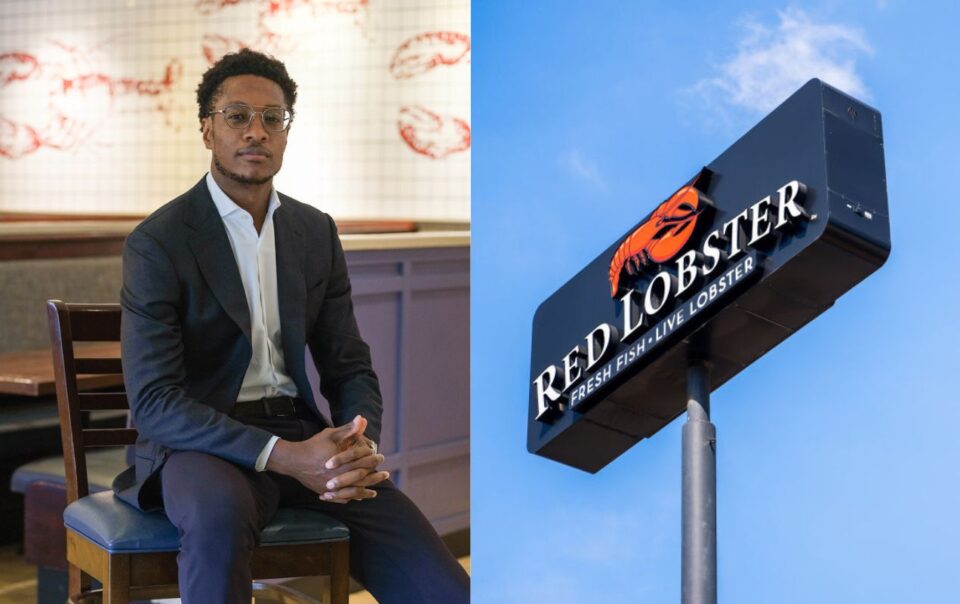Generational divides are always a hot topic on TikTok, especially when it comes to Gen Z. The “Gen Z” stare is the latest trend to be discussed on the social media platform. Some argue that Gen Zers working in customer service have noticeably fewer social skills than previous generations. Others say it is difficult to generalize the behavior of an entire generation.
TikTok users refer to the Gen Z stare as a blank stare given by Gen Zers while others are trying to communicate with them. According to videos posted online on the topic, it mainly refers to a look being employed by customer service workers. Older generations say it occurs instead of a greeting or small talk while working at a cash register, for instance.
The topic has been subject to much debate on TikTok. Some argue about its existence, while others say it is a reaction to customers not understanding basic information being communicated to them. Some also say that the Gen Z stare can be triggered by anxiety and a rejection of small talk, a customary part of customer service culture in the United States.
Discussions surrounding generational divides perform well on TikTok. In the past, topics of debate have included the millennial pause (a small pause taken by millennials after pressing record on their phones) or millennial cringe, which refers to videos of millennials acting in a way deemed to be ridiculous or funny by Gen Zers on the app.
@samishere_99 Gen z stare is permanently plastered on my face #genz #genzstare #fyp #trending #viral #fy ♬ original sound – Sumana Isa 🙂
@leftisttradwife All the #tea all the #shade #staringcontest #genz ♬ original sound – ✨Kait✨
How did the discourse around the Gen Z stare come to be?
Discourse and debate about the Gen Z stare was started in part by 30-year-old TikTok user Riley Despot, who went viral after recounting an interaction with her daughter’s gold instructor. She said she was met with a stare as she thanked the coach, and was met with a very brief response when enquiring about payment, according to Newsweek.
“Looking back on the actual situation I encountered, I don’t think the golf instructor had rude or malicious intentions. However, it came across that way. The conversation was just so awkward. I also walked away wondering if I had done something wrong,” Despot said.
She also told the news outlet that she finds generational differences interesting to discuss, although they can’t be generalized.
@xiandivyne #fyp #xiandivyne ♬ original sound – Christian Divyne
@thisisjenae ♬ original sound – jenae
Could the Gen Z stare be triggered by social anxiety?
A common explanation to the Gen Z stare is that it is due to feelings of awkwardness or social anxiety felt by younger generations.
“Like all things that gain attention, I think it’s because the generations disagree on what it actually is. If you read the comments on my post, Gen Z seems to think it’s more of a judgment stare, while most other people agree it’s a result of social anxiety or just being awkward,” 20-year-old TikToker user Kenny Finegan told Newsweek.
Some experts agree that a blank reaction can be due to feelings of being overwhelmed while interacting in person after being used to exchanging with others online. They also refer to the impact of the COVID-19 pandemic, which has hindered many Gen Zers’ social interactions at a formative age.
“I see the stare as a visible manifestation of internal overwhelm. Gen Z grew up with asynchronous digital communication, where you have time to craft responses,” Daren Banarsë, a senior psychotherapist at IN Therapy, told Newsweek. “Real-time face-to-face interaction can trigger a sort of cognitive traffic jam, where their brains need extra seconds to process unexpected social demands.”
Others see social media, in particular the proliferation of online scrutiny and constant stimulation, as having contributed to a form of burnout for Gen Z.
“We’re the first generation to grow up with our faces constantly on display in selfies, stories, video calls, with everything being scrutinized online,” Gen Z self-help expert Tam Kaur told Newsweek. “That creates a heightened sense of self-consciousness and a fear of being judged, even in the smallest interactions.”











